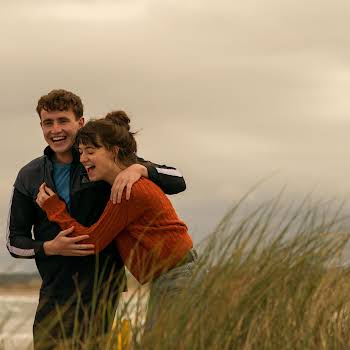
By IMAGE
29th Jan 2015
29th Jan 2015
It’s nice to be nice, we all know that. It doesn’t cost a penny and if you’re a believer of fate, it’ll probably send some good karma your way. But did you know that altruism is more likely to get you paired off? Yes, as The Cut put it, a good deed can actually ‘get you laid.’
According to a new German study, singletons who volunteer to help others are more than likely to wind up in relationships one year later than those who do not. Psychologists Olga Stavrora and Daniel Ehlebracht report that doing good for others?”is not only desirable in hypothetical partners, but also helps individuals acquire a romantic partner in real life.”
Here’s how they arrived at that bizarre conclusion:
Using data from the German Socio-Economic Panel, an annual survey that has been conducted by the German Institute of Economic Research since 1984, participants “were asked to indicate how often they engaged in a number of activities in their free time, including ‘helping out friends, relatives or neighbors'” at 10 different times over the years.?Those involved answered from a scale of one (at least weekly) to four (never). Participants also revealed how much time they spent “spending time with friends, relatives or neighbors.”
The psychologists then zoned in on the 12,775 people who reported that they were flying solo on one or more occasion, then checking if their relationship status had changed the following year.
Writing in the journal?Social Psychological and Personality Science, they reveal that “among single individuals, engaging in pro-social behavior in any given year was associated with increased odds of finding a partner and entering into a romantic relationship in the following year.”
14% of people reported being either loved up or even married the following year. But what does this mean?
“In any given time period, individuals reporting a high frequency of pro-social behavior were more likely to indicate a relationship status change from single to partnered than their less pro-social counterparts. For every one-point increase in the frequency of helping behavior, the likelihood of being in an intimate relationship in the subsequent year was between 25 percent and 46 percent higher.”
Furthermore, “individuals who started a romantic relationship did not experience an increase in helping behavior compared with those who remained single.”
So whether you pick up litter, help a little old lady cross the street or spend your Saturday mornings doling out bowls of soup, your acts of altruism could do more for your love life than you previously would have realised.























